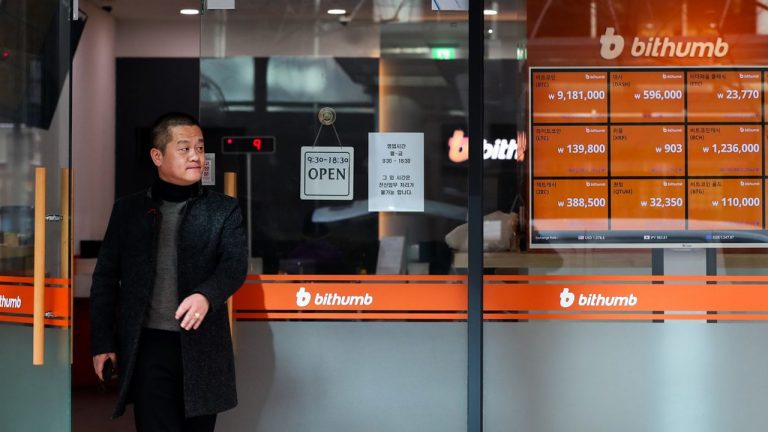
The exchange shared that all customer funds are safe but advised its U.S. customers to withdraw their funds by April 30, 2023.
Cryptocurrency exchange Bittrex has announced it will be winding down its operations in the United States due to the challenging regulatory and economic environment. The announcement was made on the platform's ninth anniversary, marking a bittersweet moment for the company.
Due to continued regulatory uncertainty, we have made the difficult decision to wind down our U.S. operations, effective April 30, 2023. All funds are safe and can be fully withdrawn immediately.
— Bittrex (@BittrexExchange) March 31, 2023
This does not affect customers of @BittrexGlobal https://t.co/MY4u7XLk9z
Co-founder and CEO Richie Lai shared that as the crypto ecosystem evolved, regulatory requirements have become increasingly "unclear" and "enforced, without appropriate discussion or input," leading to an uneven competitive landscape. This environment has made it economically unviable for Bittrex to continue its operations in the U.S.
Thank you everyone.... pic.twitter.com/kq8nTRT0Aj
— Richie Lai (@richiela) March 31, 2023
The company's founders have decided to focus on helping Bittrex Global succeed outside the U.S. Bittrex clarified that U.S. customers don't have to worry about the safety of their funds, as all of their capital is safe and available for withdrawal. The platform shared that it will permit trading until April 14, 2023, but advised customers to withdraw all funds by April 30, 2023.
Founded in 2014 by three cybersecurity engineers, Bittrex offered features like full-service API, near-instant atomic transactions, wallet infrastructure, and offline cold wallet solutions.
Related: Elizabeth Warren is pushing the Senate to ban your crypto wallet
The winding down of Bittrex's U.S. operations is a reminder of the challenges faced by cryptocurrency businesses in navigating an uncertain regulatory environment.
On March 3, Ripple CEO Brad Garlinghouse warned that the Securities and Exchange Commission's regulatory approach puts the U.S. at “severe risk” of missing out on being an attractive hub for the next evolution of blockchain and crypto innovation.
In a Bloomberg interview, Garlinghouse suggested that the crypto industry has “already started moving outside” of the U.S. because the country's crypto regulation is “behind” other nations like Australia, Japan, United Kingdom, Singapore and Switzerland.






